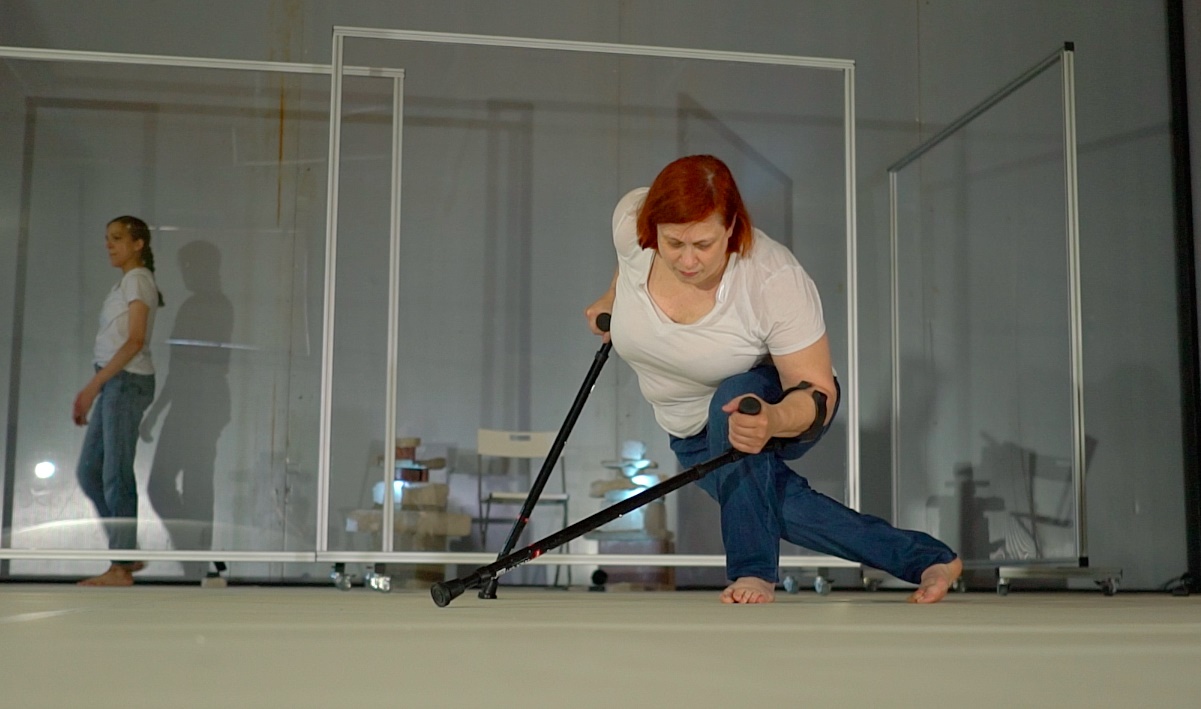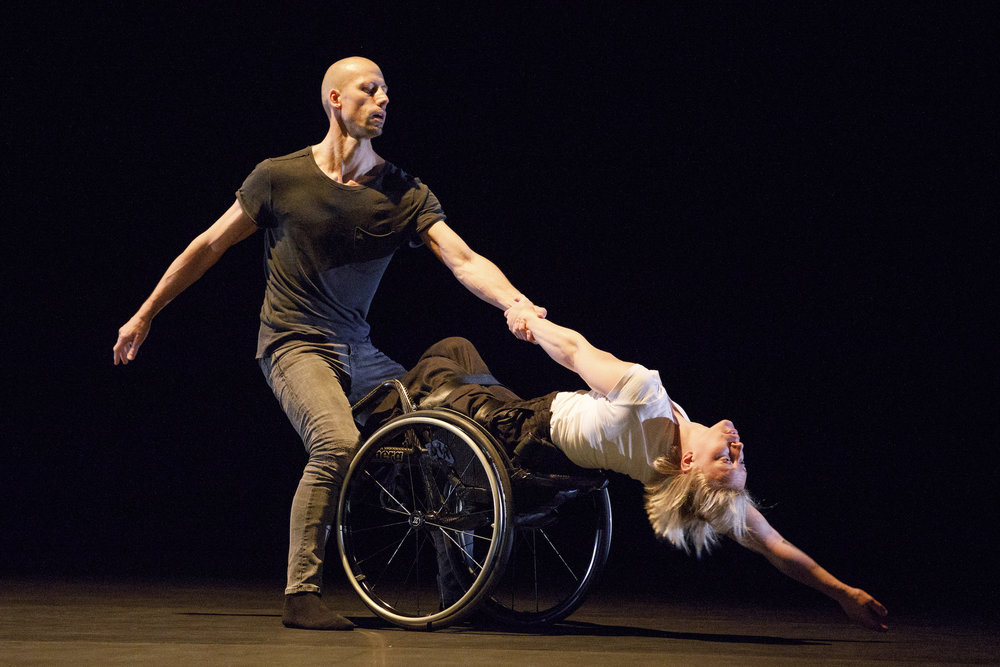By Sophia Mavrou,
Having myself a family member in the limits of blindness, I attempt to say that most of the time it is not the disability that complicates things for them, but it is the treatment they receive from society, including the people and the institutions, that sets them back. Things become even more puzzling when it comes to arts frame and disability. It is not a common thing, let alone the situation in Greece, to witness a blind or deaf person perform in theatre or the cinema, have an art exhibition, or succeed in the Hollywood industry.
It is in the last couple of decades that translation for deaf individuals was added to the news, an act which, ideally, should be taken for granted. Movies accessible for blind or deaf people are not even close to those that address hearing and seeing groups. Even more limited than the offered access to disable groups to forms of art, is the presence and the contribution of groups with disabilities in the production of art.

A promising step towards the initiation of disabled people into the cultural framework was taken in 2013 by the British Council as part of a European Union Culture Program. Its ambitious members created https://www.disabilityartsinternational.org/ with their motto being “Diversity is one of the creative opportunities of our time.” Disability Arts is a term that encompasses various forms of arts that include humans with disabilities both as audience and as producers. Their goal is to promote the work of disabled artists and disabled-led companies so as to familiarize new generations with diversity. A Greek equivalent of the “Disability Arts International” concept emerged in 2014 under the funding of Onassis Stegi named “Unlimited Access”. Disabled artists were invited to share their experiences and challenges they encounter when they resolved to enter the dancing world.

Regardless of the current exclusive situation in Greece, there are some people we should be proud of who have inspired disabled people to follow their aspirations by their example. One of them is Demy Papathanasiou. Demy is a woman in her fifties who, after working as a mechanical engineer for nearly two decades, decided to overcome her movement disability and opt for dancing with crutches supporting her. She has demythologized the alleged deficiency of crutches by orchestrating choreographies coordinated with several disabled dancers proving the agency of people with disabilities.
Another great operation in Greece, is the non-profit organization “Artogether”. “Artogether” was established in 1990 and paved the way profoundly for the enterprises that followed. Some of the main fundaments of “Artogether” are to cease the barring of disabled artists from what they are passionate about just due to their difference from what the majority has labeled as “normal” and to attempt to re-cultivate a more inclusive notion to the upcoming generations. As a means to fulfill its wishes, the ten-member committee of “Artogether” arranges workshops, and organizes events where they promote individual or collaborative work made by people with various disabilities or invite people who are willing to deliver a speech and share their story with respect to how is to live with no sight or in a wheelchair.
Overall, if there is something that is worth staying in our mind is that people with disabilities feel excluded if, and only if, society emphasizes their disability.
References
- Disability International. disabilityinternational.org. Available here




